
I'm applying for a job. Do I have to tell them about my mental health issues?
Perhaps your mental health has plunged after a difficult life experience. Or maybe you’ve been living for years with a diagnosed mental illness. Wherever you are on the broad spectrum of mental health issues, learning your legal rights can help you navigate challenging times at work.
What you should know
Mental health issues are common. Experiencing them isn’t a sign of weakness or failure. Nor is admitting to experiencing them. In fact, it’s a strength that benefits you and others eager to support you. If you have mental health concerns, it’s okay to reach out for help. We list some options below, under who can help.
“I had a rough go last year at college. I got overwhelmed, started missing classes, and had to defer some exams. I saw a counsellor and took time off from everything. Six months later, I was able to write the exams. I’m now looking for a job and have an interview coming up. Do I have to tell them about my mental health issues?”
– J.D., Prince George, BC

When applying for a job, you aren’t legally required to tell the employer about the specifics of any health condition.
You should tell them if you need workplace changes so you can carry out the job. This is called an accommodation. An example would be if you need a flexible work schedule. Employers have a duty to accommodate any disability, which can include a mental health issue. You don’t need to tell them about the specifics of your condition.
During an interview, an employer may ask about any limitations that would affect your ability to do the job. They are legally entitled to do this, but their questions must focus on the job duties. They don’t have the right to ask you about any diagnosis or treatment.
If an employer decides not to hire you because of mental health issues you disclose, that could be discrimination. As described below in the section on if you’re treated badly, discrimination is against the law.
“Last year I was briefly laid off and my fiancée and I broke up. Then this year my mom passed away. I became depressed and anxious. I started missing work, and when I was at work, I couldn’t focus. My boss called me into her office. I half expected to be fired. Instead, she asked me how I was doing. She encouraged me to take time off. She suggested I see a counsellor through our workplace’s employee assistance program to get the help I need.”
– S.P., Cranbrook, BC

For both workers and employers, it can be challenging to navigate conversations that touch on mental health issues.
You might choose to tell your employer that you’re dealing with a health issue. But you aren’t legally required to tell them about the specifics of any health condition — as long as your condition doesn’t pose a danger at work for you or others.
If your condition affects your ability to perform your job duties, you have to disclose enough information to allow the employer to accommodate your needs. The employer can ask you to provide confirmation from your doctor that you have a health condition. You don’t have to tell them your diagnosis. But you may choose to do so in order to receive better support.
The employer has a duty to accommodate
Employers must try hard to accommodate the needs of disabled people. This is called the duty to accommodate. This means your employer must take reasonable steps to adjust to your mental health needs. Reasonable accommodations might include allowing you some time off to get treatment, and more flexible hours on your return to the workplace.
But there are limits. Employers don’t have to take steps that cause them undue hardship. Several factors go into figuring out where the line is. These include cost, health and safety concerns, and the impact on others affected.
Here, we have more on the employer’s duty to accommodate.
The employer has a duty to inquire
There’s also another duty that can come into play: a duty to inquire. This arises when an employer suspects, or ought to suspect, that a worker has a mental health issue that may be impacting their performance.
For example, say your behaviour or performance at work suddenly changes. If there’s reason to think this might be due to your mental health, then before your employer disciplines or fires you, they have a duty to inquire as to whether a mental health issue may be behind the sudden change.
This can be tricky. The employer has to walk something of a tightrope. They must balance the duty to inquire with the obligation to respect your privacy. They must keep information about your health condition confidential. They should only share it with people who need to know about it in order to keep you and the rest of the workplace safe.
If you’re treated poorly at work or fired because of mental health issues, this may amount to discrimination. Under BC’s human rights law, you can’t be discriminated against at work because of a mental disability. You are also protected if someone perceives you have a mental disability when you don’t.
What amounts to a mental disability
Not all mental health issues rise to the level of a mental disability. To qualify as a mental disability under human rights law, your condition must be ongoing, beyond your control, and interfere with your ability to perform significant functions that most people can manage.
It might be a diagnosed mental illness, such as depression or an anxiety disorder. But it doesn’t have to be. It could be an undiagnosed condition such as a drug or alcohol addiction, for example. What’s key is whether your mental health issues interfere with your ability to perform significant functions on an ongoing basis.
Examples of discrimination
Here are some examples of what discrimination based on a mental disability can look like:
A worker was fired on her first day in the job after revealing she had mental health conditions and took medications for them (as happened here).
On learning a worker had post traumatic stress disorder, an employer asked her intrusive questions and sent her to the hospital mid-shift (as happened here).
A worker who experienced depression and anxiety that caused him to miss 10 days of work over the first three months in the job was fired because of his absenteeism (as happened here).
Here, we have more on discrimination based on a mental disability.
If you experience discrimination
If you believe you’ve been discriminated against because of a mental disability, there are steps you can take. We walk you through them here. They include getting advice on your situation, contacting the other party involved, and making a human rights complaint.
Perhaps you need time off work because of a mental health issue. Your employer has a duty to accommodate your need for time off, as long as they can do so without undue hardship.
All employees in BC get a minimum of five paid sick days a year, and three more unpaid sick days. (That’s after you’ve worked for 90 calendar days.) You may be entitled to more sick days under your employment contract.
For financial help, the first place to look is your employer’s benefits plan. If your situation is covered, you could receive short- or long-term disability insurance benefits while you’re off work.
Another path is to apply for government benefits. There are several options, including:
Employment insurance sickness benefits if you can’t work because of your condition.
Workers compensation benefits if you have a mental health condition caused by significant workplace stressors. Examples would be bullying or harassment, or some other traumatizing incident at work.
Canada Pension Plan (CPP) disability benefits if your disability makes you incapable of working and is long-term and of indefinite duration.
Disability assistance benefits if you’re designated as a “person with disabilities." To get this designation, your disability must be severe, expected to last at least two years, and significantly restrict your daily living activities.
Dial-A-Law has more on these and other financial supports available for people with disabilities.
Who can help
Experiencing mental health issues can be stressful. But they aren’t a sign of weakness or failure. It’s okay to reach out for help.
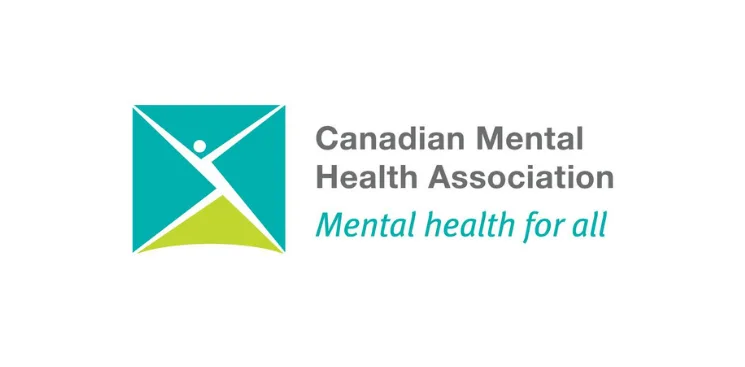
Canadian Mental Health Association, BC Division
Provides mental health information, referral and support.

HealthLink BC, aka 8-1-1
A free, 24/7 provincial health information and advice phone line available in British Columbia.
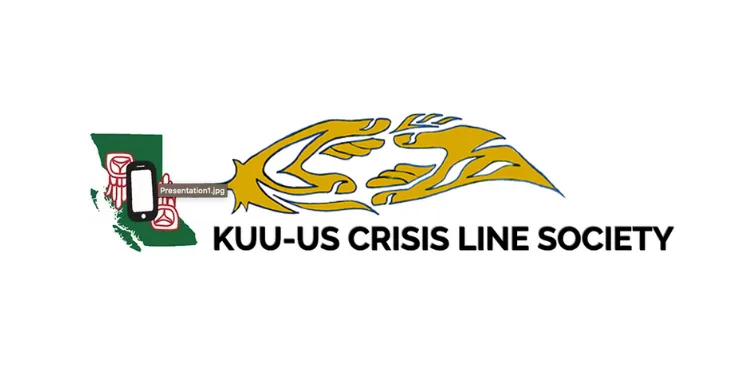
KUU-US Crisis Line Society
Provides a 24-hour, First Nations and Indigenous-specific, culturally safe crisis support line.
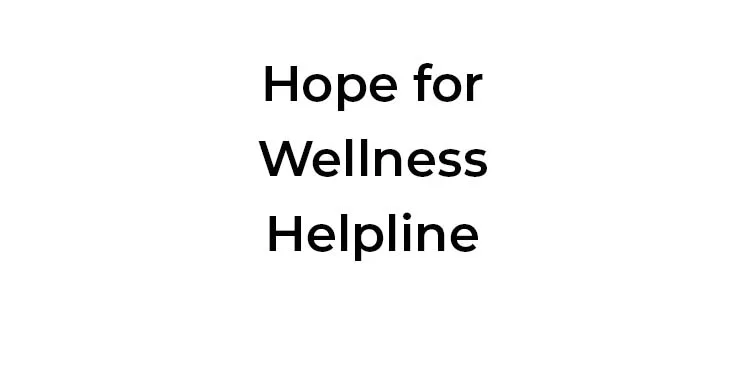
Hope for Wellness Help Line
Provides mental health counselling and crisis intervention to Indigenous Peoples, 24/7.
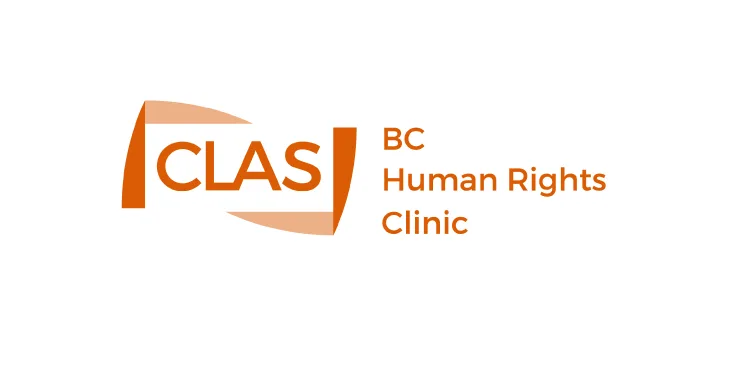
BC Human Rights Clinic
Provides free assistance and representation to those who qualify for help with a discrimination complaint under BC law.
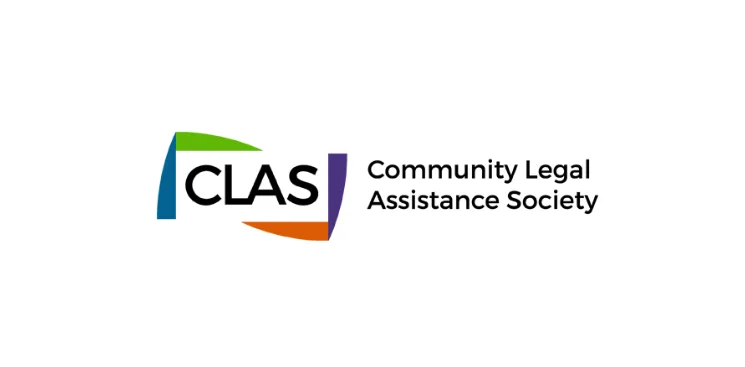
Community Legal Assistance Society’s Mental Health Law Program
Provides free legal representation for those who have been involuntarily detained in a facility due to mental health issues and have a hearing to review their detention.

Access Pro Bono's Free Legal Advice
Volunteer lawyers provide 30 minutes of free legal advice to people with low or modest income.

Access Pro Bono’s Everyone Legal Clinic
Clinicians provide affordable fixed-fee services on a range of everyday legal problems.

Lawyer Referral Service
Helps you connect with a lawyer for a complimentary 15-minute consult to see if you want to hire them.

BC Legal Directory
Search for a lawyer by community or legal issue. From the Canadian Bar Association, BC Branch.


